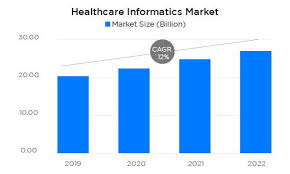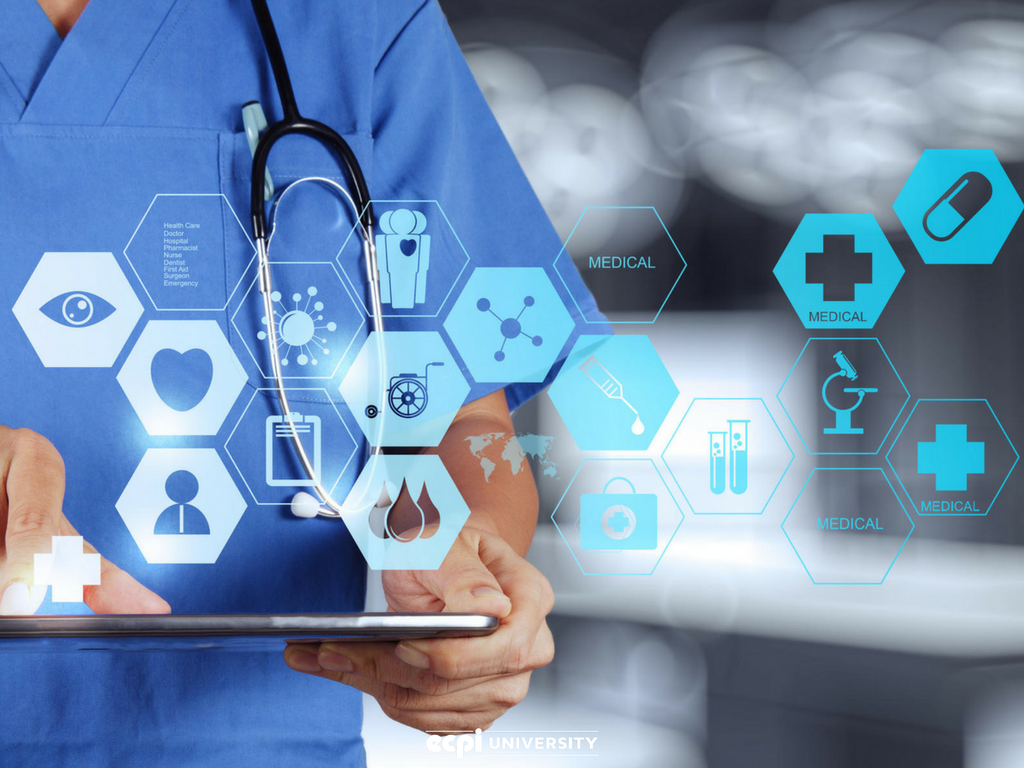Table of Contents
TogglePatient Care And Wellness

Unlocking the Future of Healthcare: How Care Informatics is Revolutionizing Patient Wellness
TABLE OF CONTENTS
- Understanding Care Informatics
- The Role of Care Informatics in Patient Care
- Benefits of Care Informatics
- Challenges and Future Directions
- Conclusion
In today’s rapidly evolving health care environment, technology integration has become central to improving patient care and optimizing health care. One such area where technology is making significant advances is care informatics. Nursing informatics is the intersection of nursing science, informatics and informatics, the purpose of which is the management and transmission of information, knowledge and information in nursing work. Let’s take a deeper look at how nursing informatics is changing patient care and nursing.
1. Understanding Nursing Information Technology:
Nursing Information Technology involves the use of information and communication technologies to support nursing, education, management and research. It involves the collection, processing and management of medical data to facilitate clinical decision-making and improve patient outcomes. Informatics nurses use electronic health records (EHR), clinical information systems, telehealth platforms and other technological tools to ensure efficient, high-quality care.
2. The role of nursing information technology in patient care:
Nursing information technology plays a key role in optimizing patient care in several ways
Effective information management Electronic health records (EHR) allow nurses to access comprehensive patient information information, including medical history, medications and treatment plans, in real time, facilitating timely action and continuity of care.
a)Clinical Decision Support: Decision support systems built into health information systems help nurses make evidence-based decisions by providing alerts, reminders, and clinical guidance tailored to a patient’s unique needs.
b)Remote Patient Monitoring: Telehealth and telemonitoring technology allows nurses to remotely monitor patients’ vital signs, symptoms and adherence, enabling proactive care and early detection of potential complications.
c)Patient Education: Interactive health education tools and resources empower patients to actively participate in their care by providing them with relevant information, resources and self-care strategies.


3. Benefits of Nursing Informatics:
Nursing Informatics integration offers several benefits, including:-
Better Patient Outcomes: By facilitating evidence-based practice and streamlining care processes, Nursing Informatics helps improve patient outcomes. outcomes, reduced hospital readmissions and increased patient satisfaction.
a)Better interdisciplinary communication: Information systems facilitate seamless communication and collaboration between members of the healthcare team, resulting in more coordinated and comprehensive care.-
b)Efficiency and Productivity:Automating routine tasks such as documentation and medication management frees up nurses’ time to focus more directly on patient care and critical thinking.
C)Informed Decision Making:In-depth data and analytics enable nurses and healthcare organizations to identify trends, patterns and areas for improvement, leading to more informed decision making and quality improvement.
4. Challenges and Future Directions:
Despite its many benefits, nursing informatics also faces several challenges, including:-
a)Technology Adoption and Integration: Continued widespread adoption and endless integration of informatics solutions in healthcare. It is due to different technological expertise and interoperability.
b)Information Protection and Privacy: Protecting patient information from data breaches and adhering to privacy standards are essential for trust and regulatory compliance.
c)Education and Training: Equipping nurses with the knowledge and skills to effectively use information technology tools and technologies requires ongoing education, professional development, and support. Looking ahead, the future of care informatics is promising as advances in artificial intelligence, big data analytics and interoperability standards can further enhance its role in transforming healthcare and improving patient outcomes.
5. Conclusion:
Nursing informatics serves as a catalyst for innovation and better patient care, leveraging technology to optimize clinical workflow, facilitate evidence-based practice, and empower both patients and healthcare providers. . By leveraging nursing information technology, healthcare organizations can navigate the complexities of modern healthcare and strive for a future where every patient receives safe, effective, and personalized care.


Leave a Reply